EU Must Act to Curb Black Carbon Pollution from Shipping in the Arctic – Report
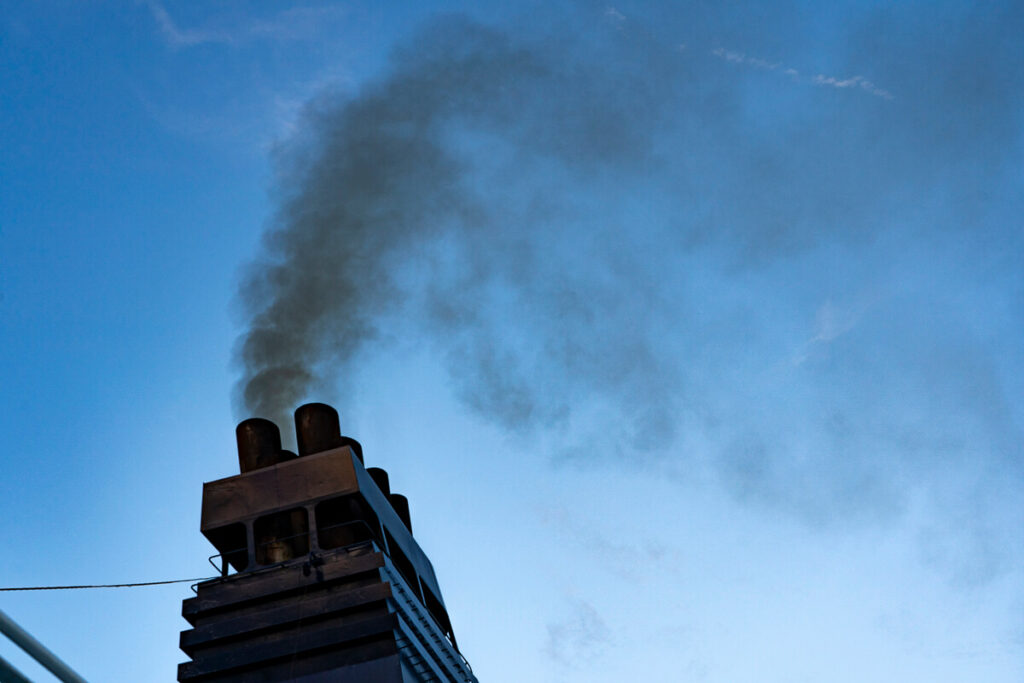
“This study should spur EU member states and the European Commission to realise the onus is on the EU, along with Arctic states to spearhead regulatory action that will reduce shipping’s impacts on the Arctic.”
Cruise Ships Bombarding Cork Harbour Residents with Dangerous Levels of Air Pollution
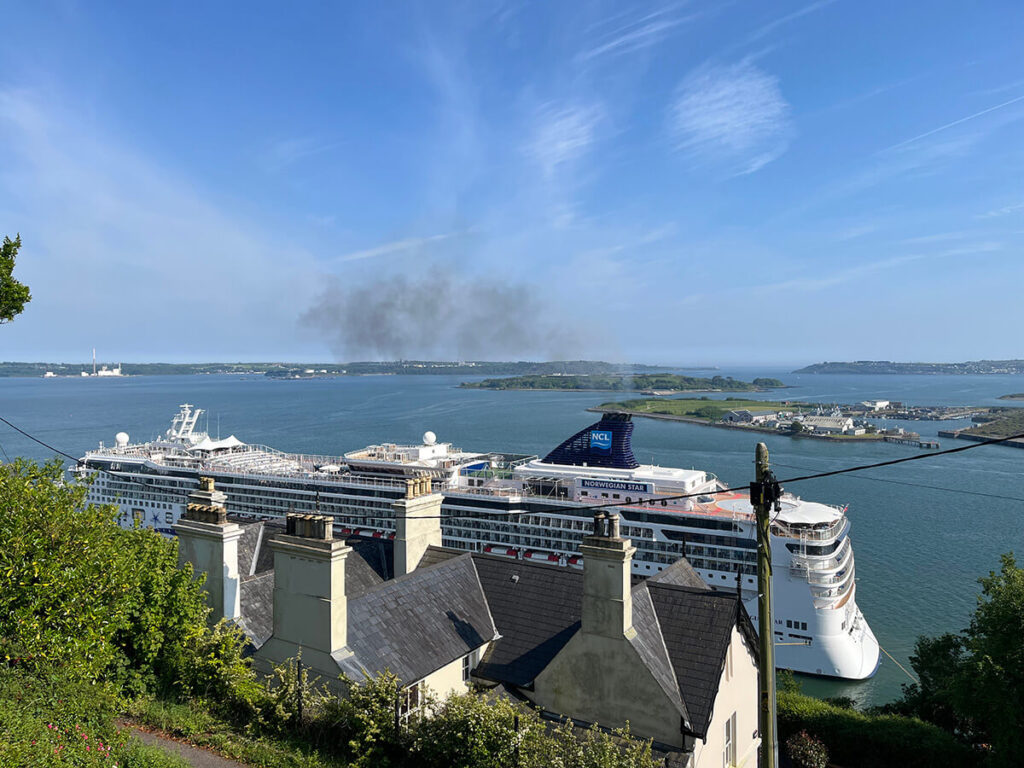
Air quality measurements taken last week when cruise ships – such as NCL’s Norwegian Star – visited Cobh, in Ireland’s Cork Harbour, show air pollution levels up to more than 250 times higher than safe levels recommended by the World Health Organization (WHO).
Response to News: Greenland Shipping Firm Royal Arctic Line to End Heavy Fuel Oil Use

“By choosing to use cleaner fuels and getting rid of heavy fuel oil ahead of schedule, Royal Arctic Line isn’t just making good business sense, it is ensuring that it can never spill heavy fuel oil in the Arctic, and also cutting black carbon emissions, a super pollutant that has disproportionate impact on the Arctic and contributes to the melting of sea ice and glaciers”, said Prior.
Arctic Council Misses Opportunity to Cut Climate Warming Super Pollutants
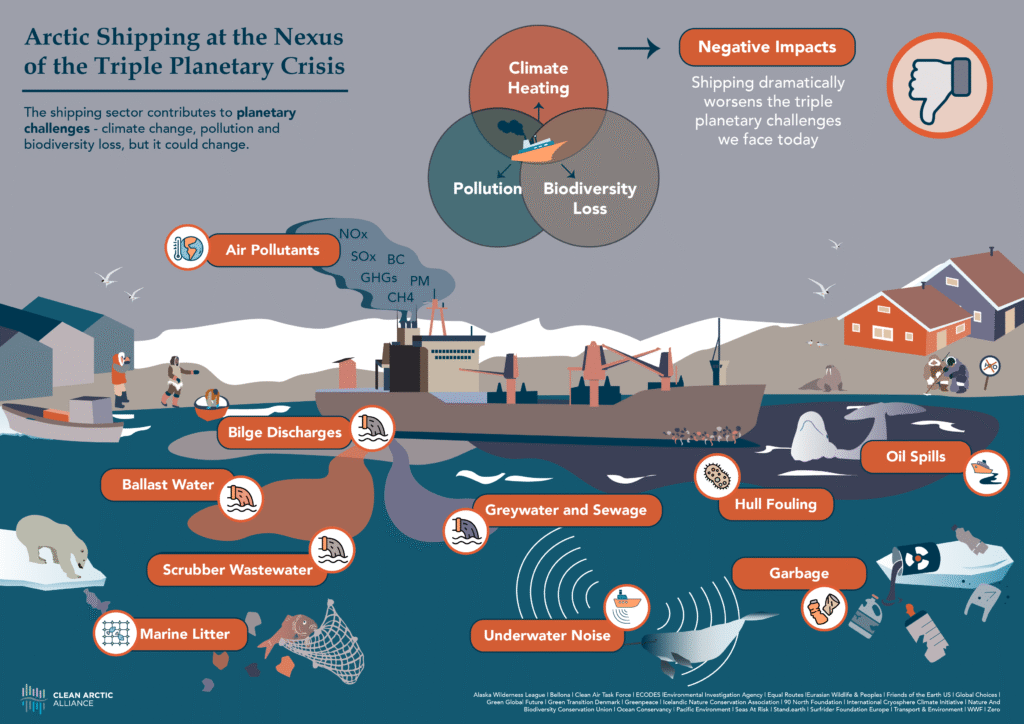
Responding to the publication of the Arctic Council’s Romssa-Tromsø Statement, published on May 12th, Dr Sian Prior, Lead Advisor to the Clean Arctic Alliance said:
“The Romssa-Tromsø Statement issued by the Arctic Council is a missed opportunity to acknowledge the impact that global climate heating is having on the Arctic, which is warming four times faster than anywhere else on earth, the consequences that the Arctic climate crisis is having for the rest of the planet, and on reducing the impact on the region from short-lived climate super pollutants like black carbon and methane”.
Call for New Arctic Council Chair to Take Lead on Controlling Super Pollutants From Shipping

Ahead of the Kingdom of Denmark taking over the Arctic Council Chairship from Norway next week, the Clean Arctic Alliance is calling on government ministers and Senior Arctic Officials from Arctic Council member and observer states to commit to curbing the rise of black carbon and methane pollution from shipping in the Arctic
Infographic: Arctic Shipping at the Nexus of the Triple Planetary Crisis

The Arctic Shipping Nexus Approach – by prioritising solutions with co-benefits, the shipping sector will be able to respond to the urgency of the triple planetary crisis of pollution, climate, and biodiversity.
Atlantic Shipping Emissions Cut Agreed, But IMO Scrubber Ban Delayed
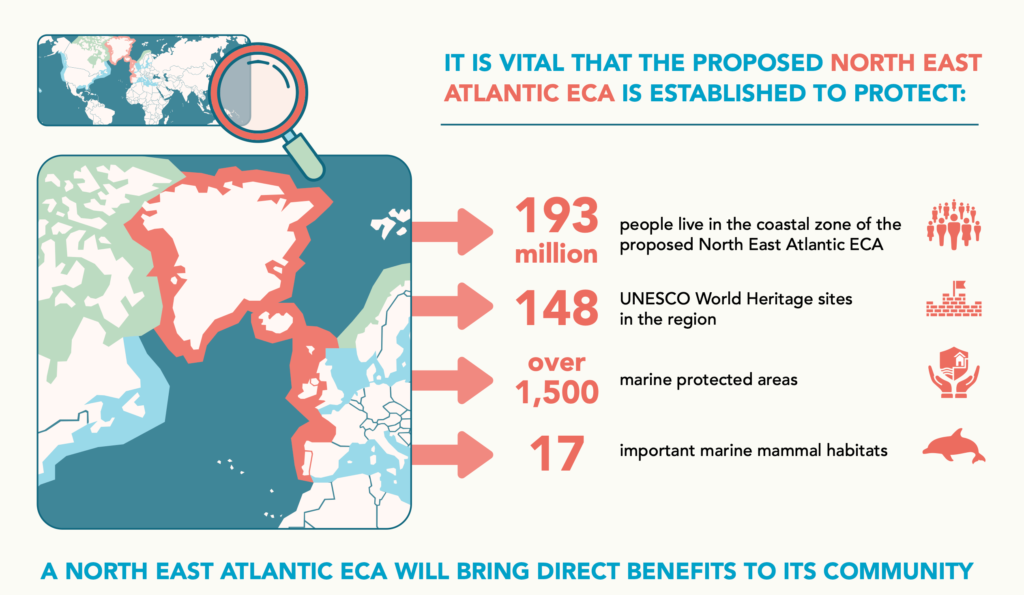
As a meeting of the International Maritime Organization’s (IMO) Marine Environment Protection Committee (MEPC 83) closes today, the Clean Arctic Alliance welcomes member states’ approval of a proposal for a new North-East Atlantic emission control area, scheduled to enter into force in 2027, which will lower emissions from ship operating in the region, including in the Arctic.
Why the IMO should ban the ‘false choice’ of scrubbers
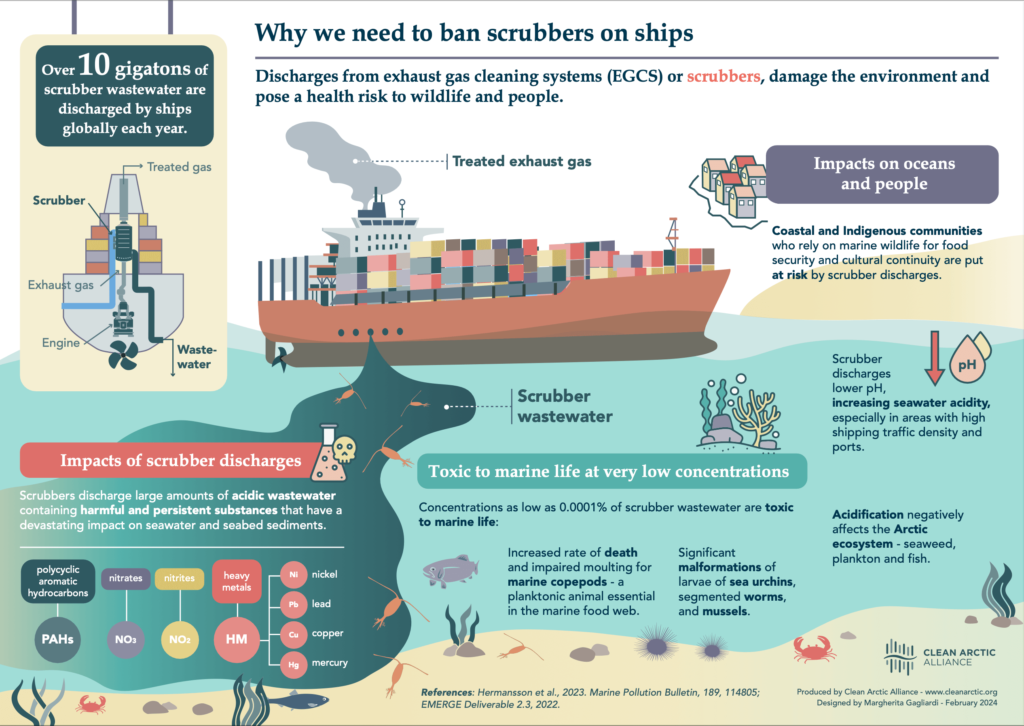
Scrubbers, or exhaust gas cleaning systems, are an end-of-pipe equipment compliance mechanism employed to remove harmful pollutants and particulate matter from exhaust emissions. However, in a sleight-of-hand, pollutants are then dumped into the ocean, transferring the problem to the marine environment, allowing vessels to continue burning fuels like HSFOs.
How IMO Can Take Arctic Action: Cutting Atlantic Shipping Emissions and Banishing Scrubbers

Clean Arctic Alliance calls on IMO member states to support a proposal for a new Northeast Atlantic emission control area to enter into force in 2027. The alliance is also calling on governments to support a proposal for a resolution calling on shipping operators to avoid using scrubbers and end release of scrubber discharge wastes in marine protected areas, habitats important for endangered wildlife, and other ecologically sensitive areas such as the Arctic.
Infographic: Why Emission Control Areas Are the Best Tool for Tackling Air Pollution from Ships at Sea

Emission Control Areas (ECAs) are an International Maritime Organization(IMO) tool designed to reduce atmospheric pollutants from ships.

